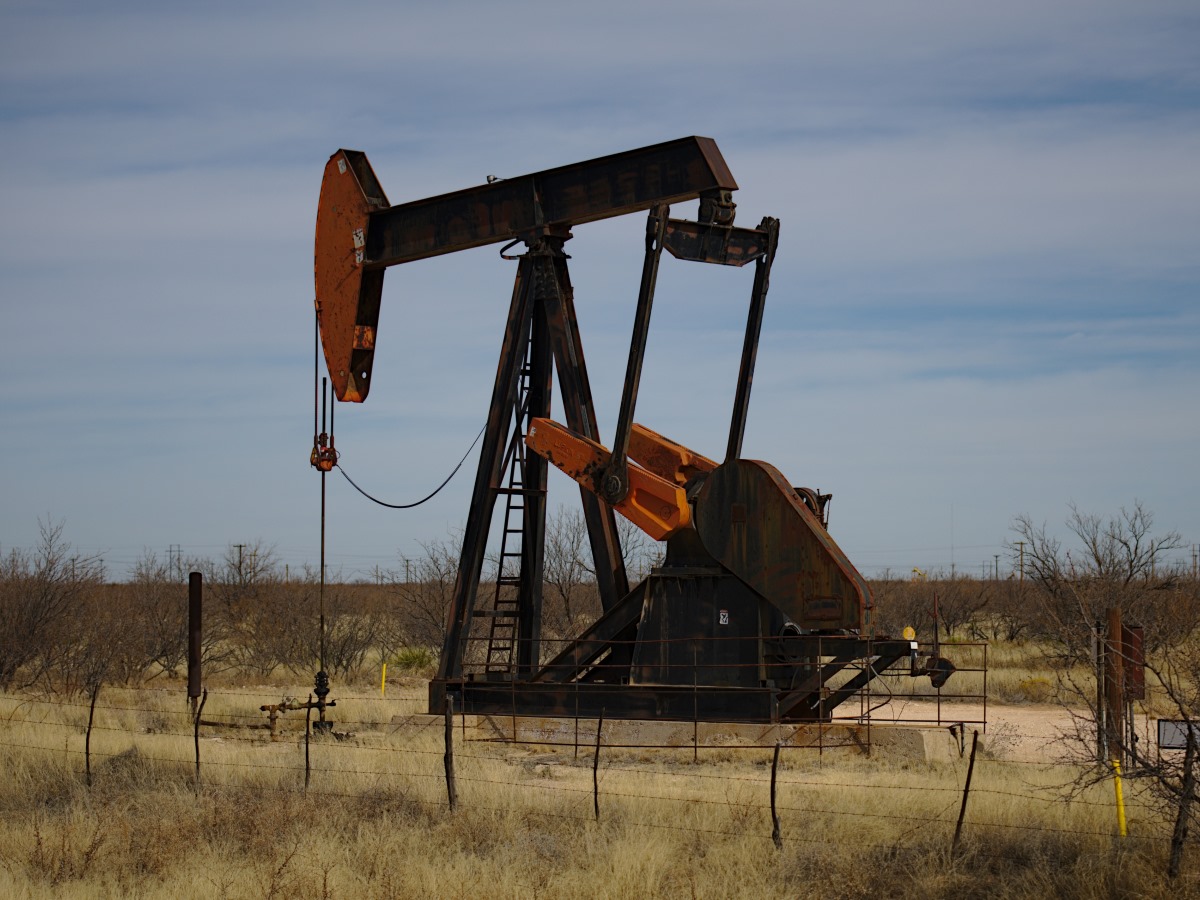UT Expertise to Reduce Emissions from Oil and Gas and Improve Measurement Accuracy

The University of Texas at Austin will play a leading role across multiple projects that collectively seek to drive down methane emissions across oil and natural gas value chains. This series of new nationwide efforts aims to provide technical and financial assistance to small oil and gas operators, find and repair methane leaks, produce accurate measurements of methane emissions and drive mitigation efforts across the energy sector.
UT researchers were awarded funding for several projects through the U.S. Department of Energy’s Methane Emissions Reduction Program (MERP). UT’s Energy Institute and GTI will lead a collaborative effort with industry partners to provide training and leak detection and repairs at oil and gas wells and pipelines in the Permian Basin of Texas and New Mexico. In addition, UT’s new Center for Energy and Environmental Systems Analysis (CEESA) will lead two regional measurement centers to measure and mitigate methane and other greenhouse gas emissions from oil and natural gas supply chains. CEESA is supporting five additional of the projects with deep expertise across measurement, emissions estimating and supply chain analysis.
Through the MERP initiative, UT will collaborate with other universities, corporations, nongovernmental organizations and government agencies to reduce the environmental impact of oil and gas operations while strengthening the marketability of U.S. oil and gas exports.
“Global natural gas buyers are increasingly demanding reduced greenhouse gas emissions across the supply chains that produce, process, and transport natural gas,” said Arvind Ravikumar, CEESA co-director and assistant professor in the Hildebrand Department of Petroleum and Geosystems Engineering at UT Austin. “These programs will highlight and demonstrate US leadership in supplying the world with a low-emissions natural gas supply with an unprecedented degree of transparency.”
“This funding will enable less-capitalized oil and gas operators to identify and address leaks at their equipment. The result will be cleaner air, less wasted product, and a safer work environment,” said Melinda Taylor, senior lecturer of the School of Law and affiliated faculty member with the Energy Institute.
The funding announcement was applauded by leaders in the energy sector.
“The program will provide important training and education to improve and support operations from an efficiency, environmental and regulatory perspective,” said Ed Longanecker, president of the Texas Independent Producers & Royalties Owners Association (TIPRO). “These resources balance cost and efficiency with improving air quality and it is important that qualified operators are connected with them.”
“Only UT Austin could provide practical expertise and bring together these diverse stakeholders who are collectively focused on reducing methane emissions from the oil and natural gas industry,” said Steven Pruett, president and CEO of Elevation Resources and immediate past president of the Independent Producers Association of America.
Stephen Robertson, executive vice president of the Permian Basin Petroleum Association, added, “We greatly appreciate UT Austin’s thoughtful and practical approach to understanding the industry’s needs and addressing issues through this grant. Their methodical strategy gives us significant confidence in the project’s potential success.”
The University of Texas is a global leader in research on greenhouse gas emissions from energy systems, including oil and gas production and transmission, with several ongoing, large-scale research and demonstration projects.
